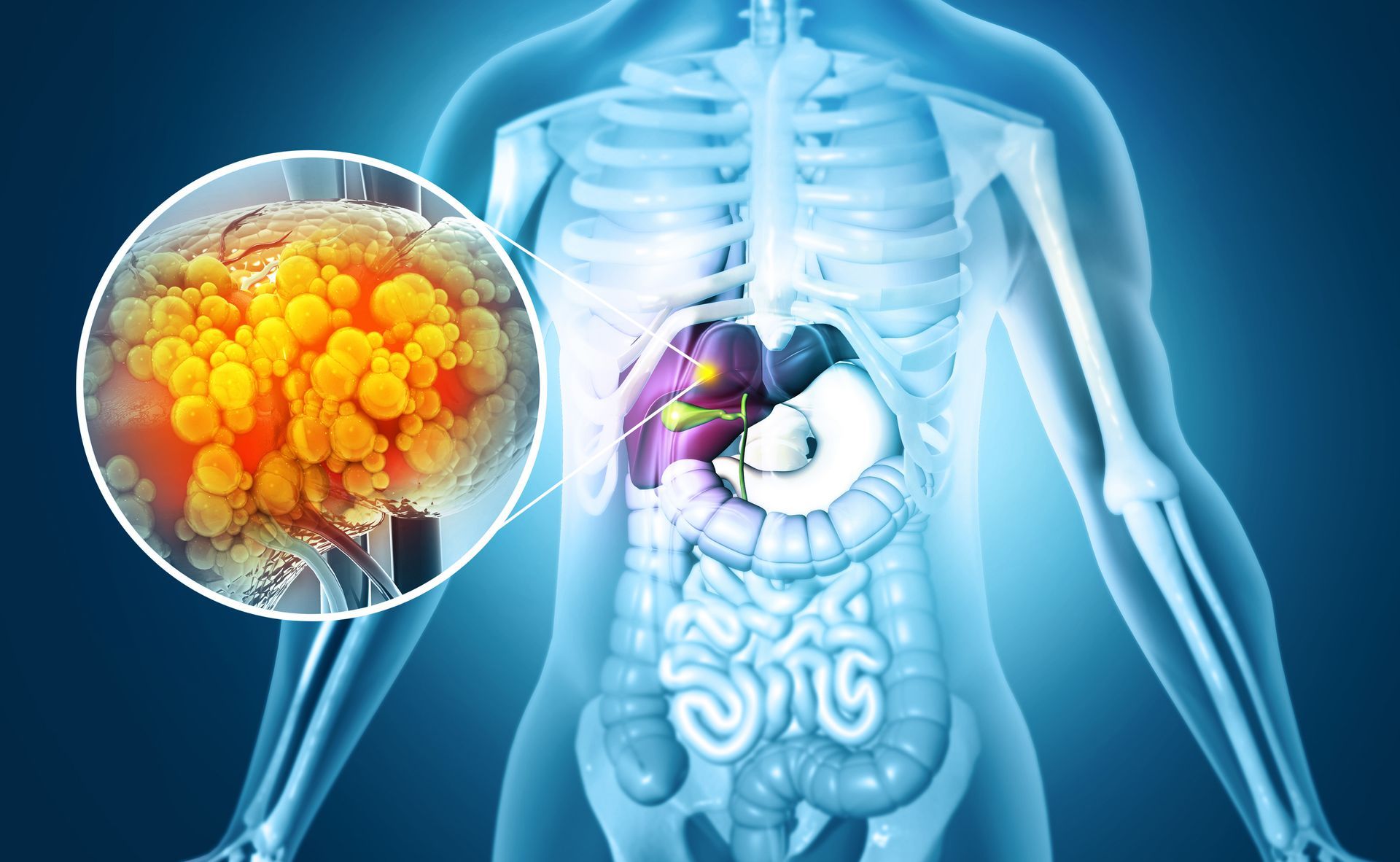Abdominal Pain: When is it Time to Visit a Panama City Florida Gastroenterologist?
Abdominal pain can be bothersome and frustrating. However, if the discomfort in your midsection reaches a certain point, it can be time to seek treatment. Ongoing severe pain in your abdomen is a cause for concern and you may find yourself wondering when you should see a physician. It is common for many pains to resolve themselves or respond to certain methods of self-medication, but others may require a closer look.
If you’ve experienced prolong pain in your abdomen, and simple treatments have not been effective, here are some general guidelines to help you determine when it’s time to see your gastroenterologist.
Abdominal Pain Location
While the severity of the pain often prompts you to make an appointment, its location of abdominal is also an important factor. Your abdomen covers a large area across many vital organs. Paying attention to where your pain originates will be helpful in diagnosing its cause.
Lower Abdominal Pain
Cramping and discomfort in the lower abdomen is often a symptom of constipation. This condition is often temporary and can be mitigated with increased fluid and fiber intake or laxatives. Although, should the problem persist for more than three weeks, your gastroenterologist should be consulted.
Middle and Upper Abdominal Pain
This location is where your esophagus connects with your stomach. This pain is typically associated with heartburn. Antacids can usually alleviate these pains. However, if the pain continues multiple times a week for one or more week, you should see your doctor. Long-term heartburn can cause damage to the esophagus.
Localized Abdominal Pain
Isolated pain on one side or the other of the abdomen could be a sign of an underlying problem with an organ. Pain in the right, lower abdomen, for instance, could be the appendix, while the gallbladder can cause pain in the upper right area.
Increased Severity and Duration of Abdominal Pain
Generally, short-term abdominal pain should not be a cause for concern. More often than not your body can handle the source of the pain. However, this is not always the case. If your pain is severe and has any of the following symptoms, you should seek medical attention.
- Fever
- Bloody stools
- Nausea or vomiting
- Yellowing skin or eyes
- Abdominal swelling or tenderness
- Shortness of breath
In Destin and the surrounding areas, the experienced, expert team at Digestive Diseases Center can you help with any gastroenterological concern, including abdominal pain.
CONTACT
850-763-5409
ADDRESSES
4 LOCATIONS
204 E 19th Street, B, Panama City
12216 Panama City Beach Pkwy, D, Panama City Beach
4295 3rd Ave, Marianna
101 Good Morning St., 109B, Port St. Joe
Subscribe to our newsletter:
subscribe to our newsletter
We will get back to you as soon as possible.
Please try again later.



